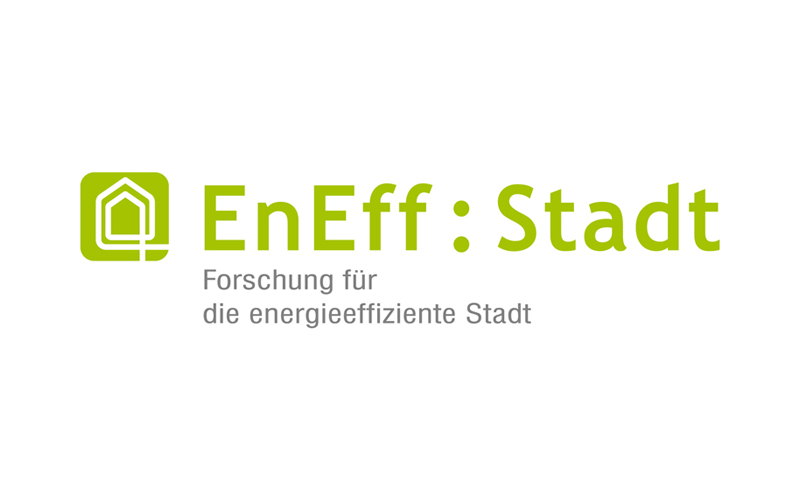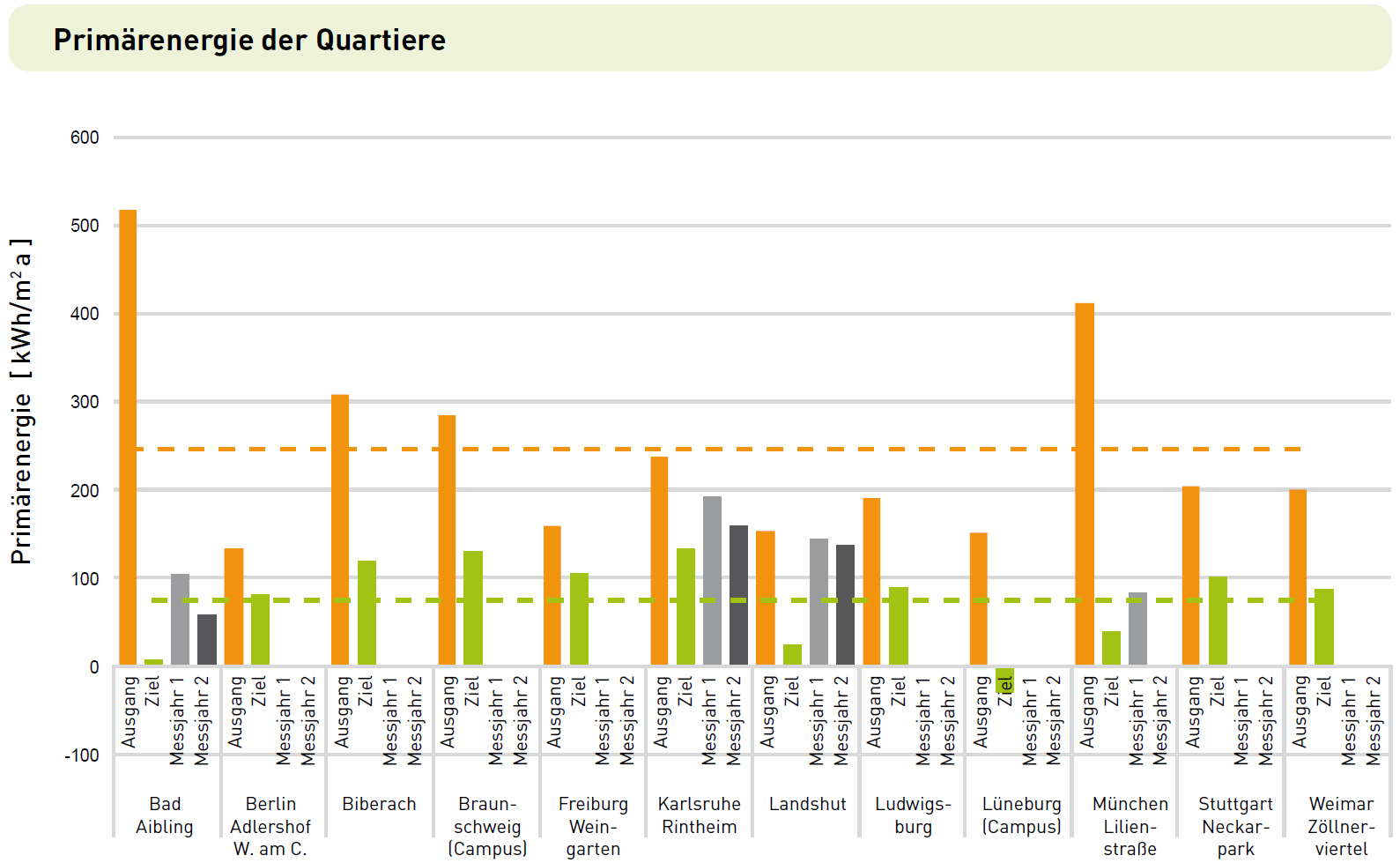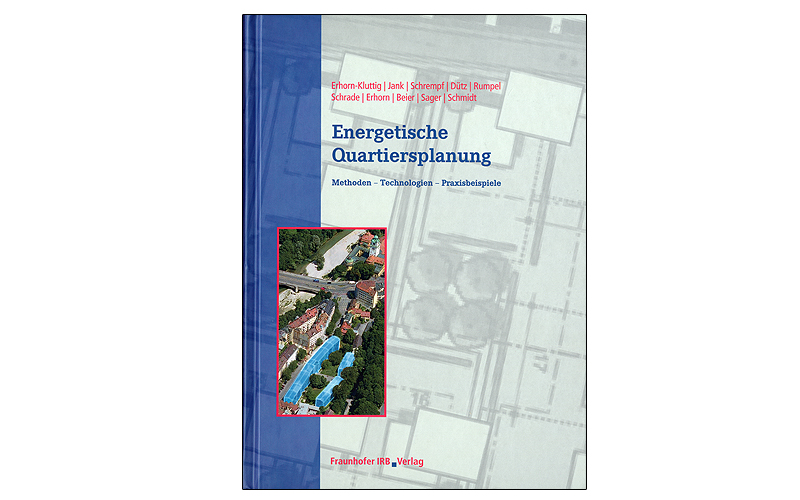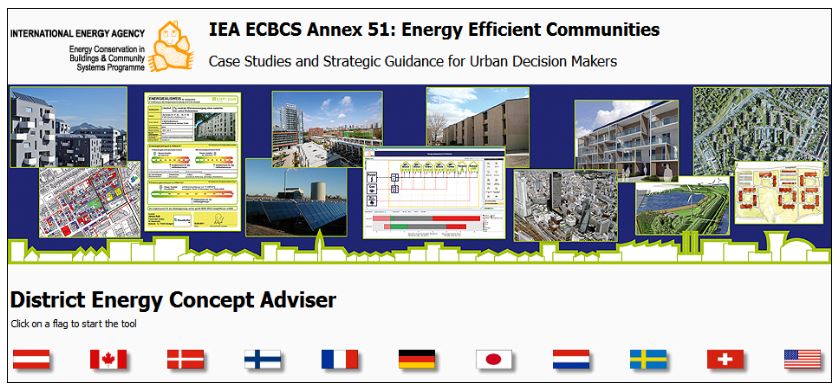
Scientists at the Fraunhofer Institute for Building Physics IBP have been working on several research projects to increase the efficiency of cities and urban districts in terms of energy. For example, Fraunhofer IBP - in cooperation with the Fraunhofer Institute for Environmental, Safety and Energy Technology UMSICHT and other partners - was entrusted with accompanying research for the “EnEff:Stadt” initiative funded by the German Federal Ministry for Economic Affairs and Energy (BMWi).
In addition to assessing demonstration projects on energy-efficient urban districts, research work was carried out on aspects such as evaluation criteria for projects, a selection matrix for identifying research gaps, the further development of planning aids (so-called energy efficiency guide for urban districts) and a guide for municipal energy planning.
Further information:
Final report on accompanying research for the EnEff:Stadt initiative (only German)


